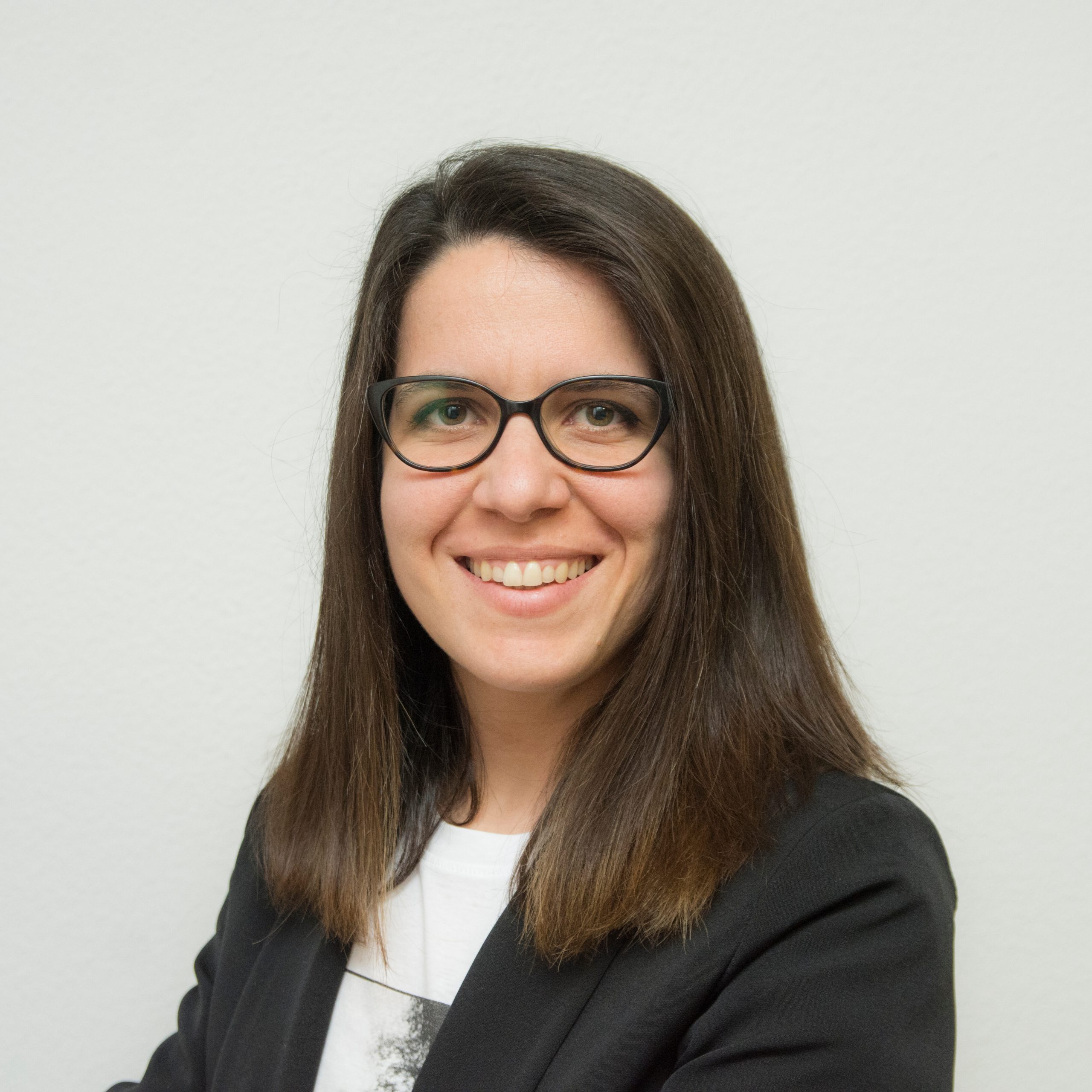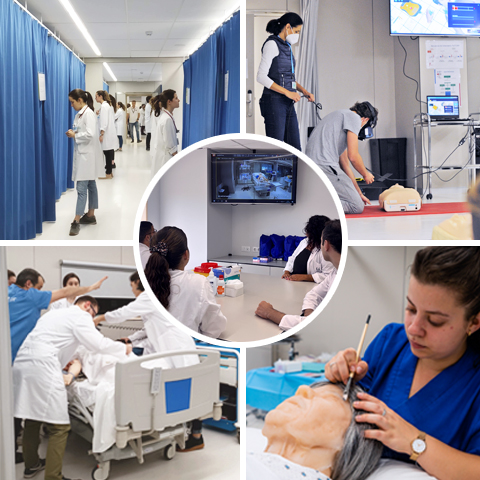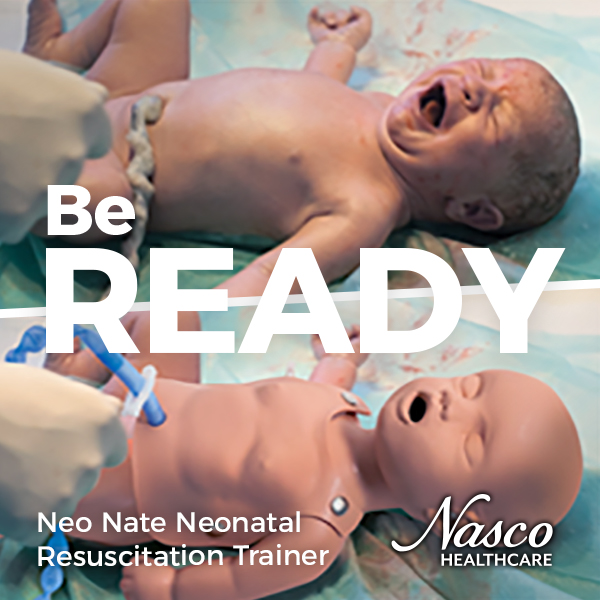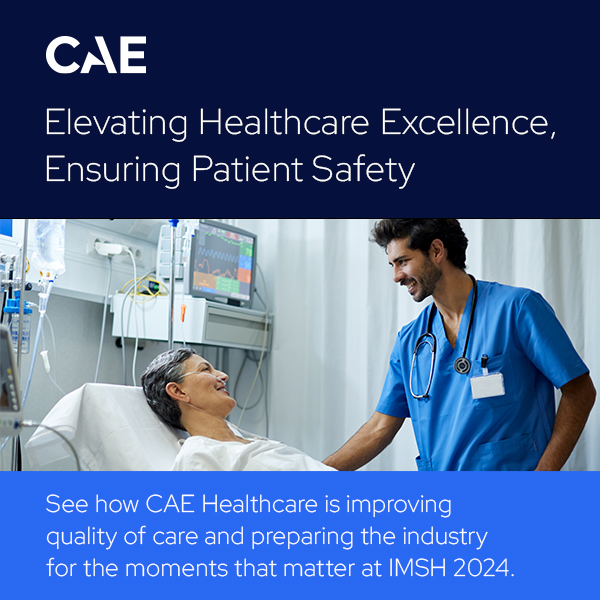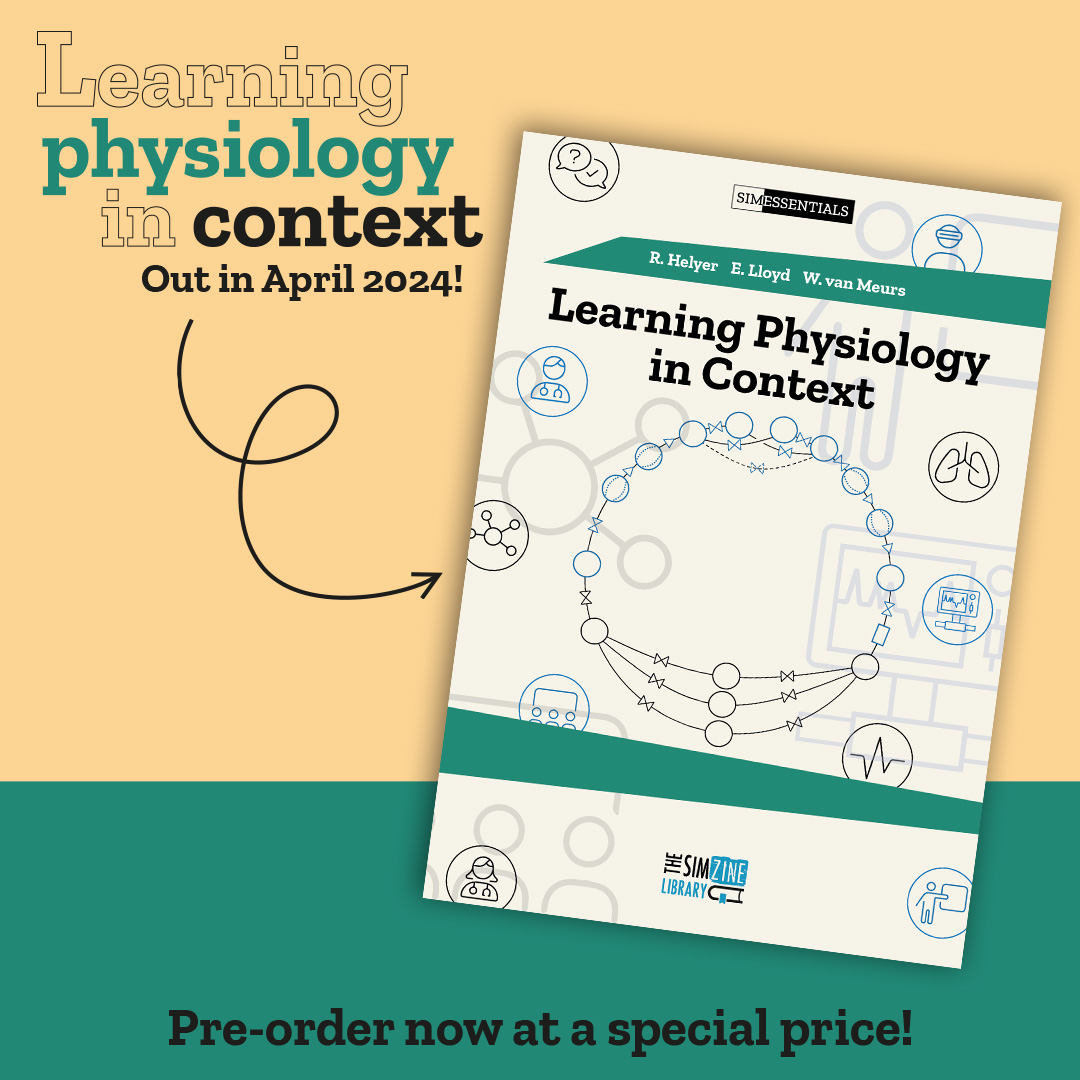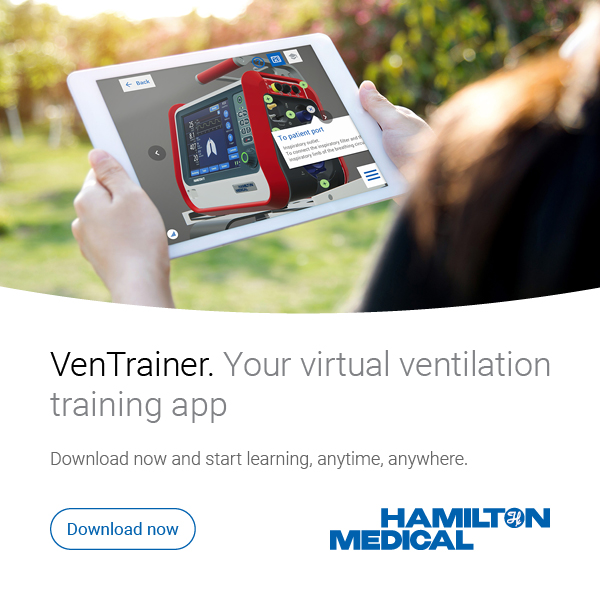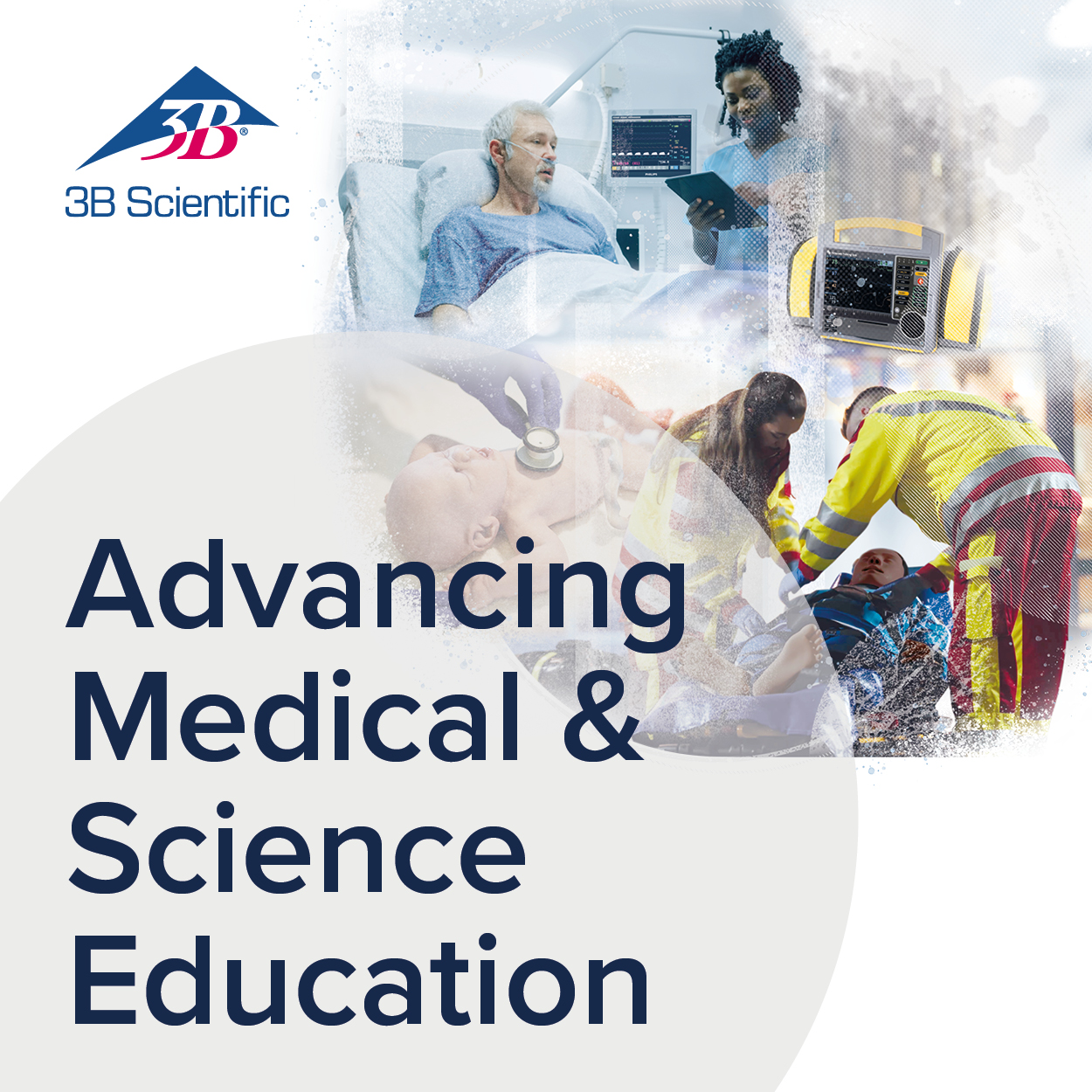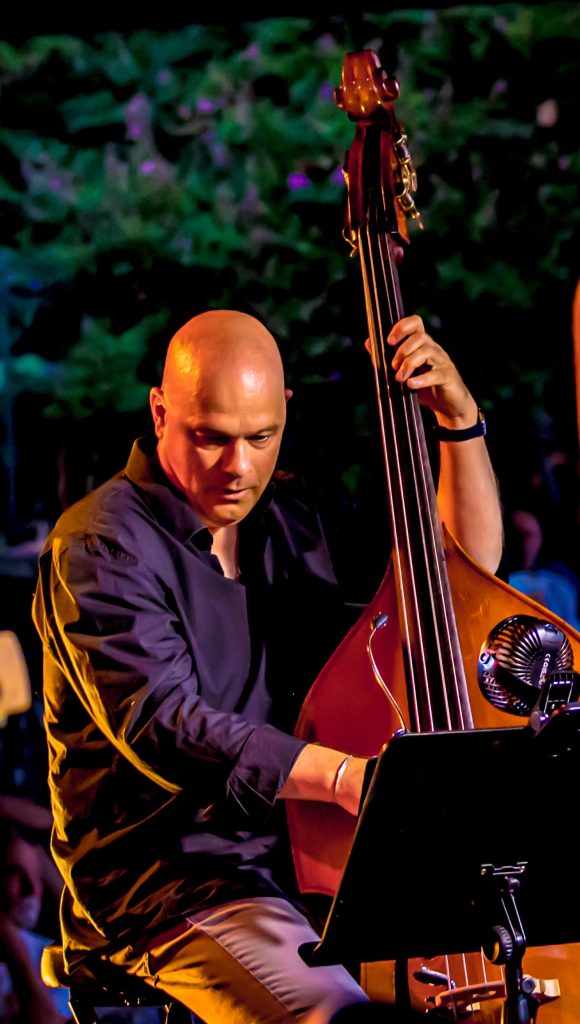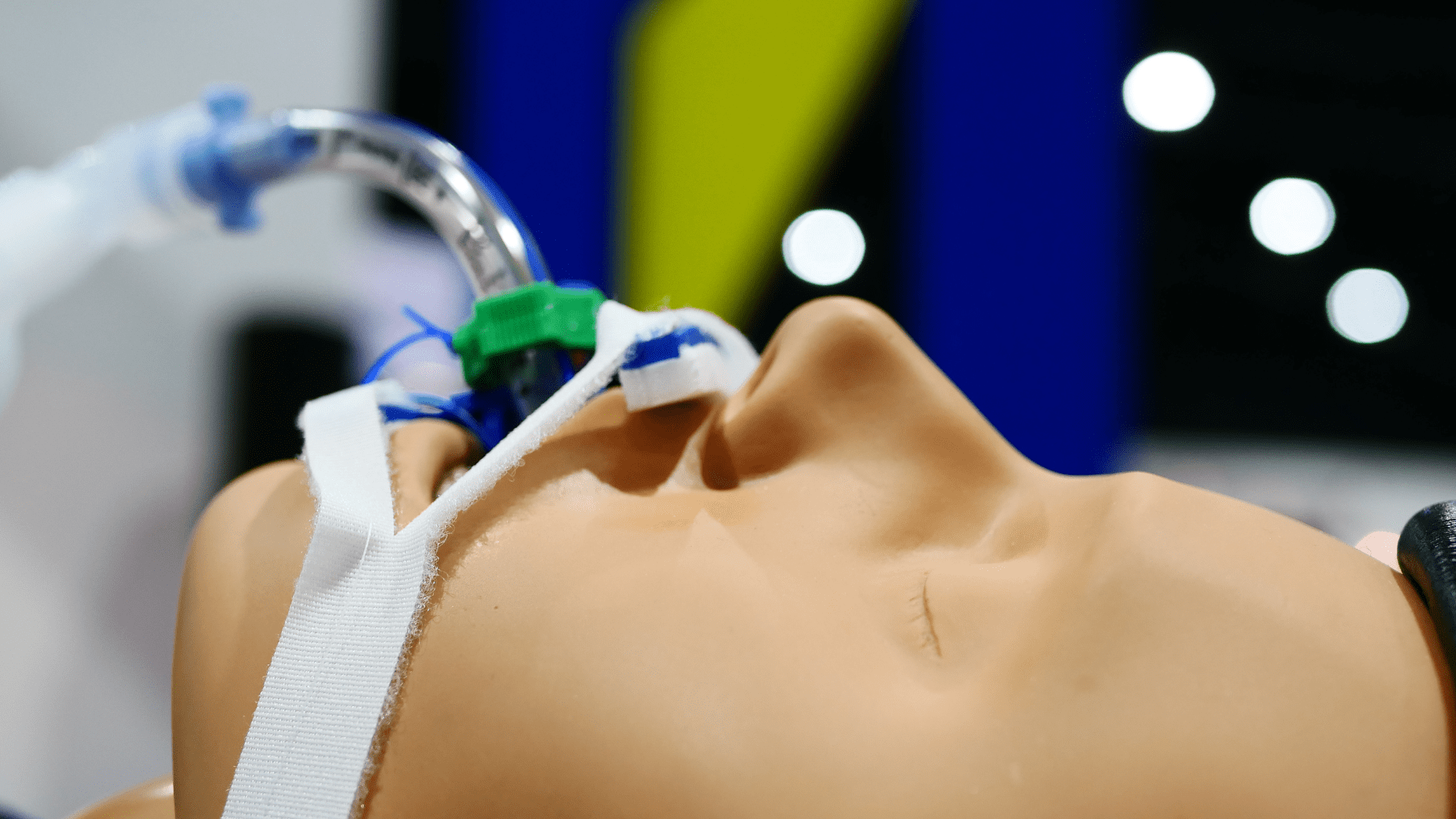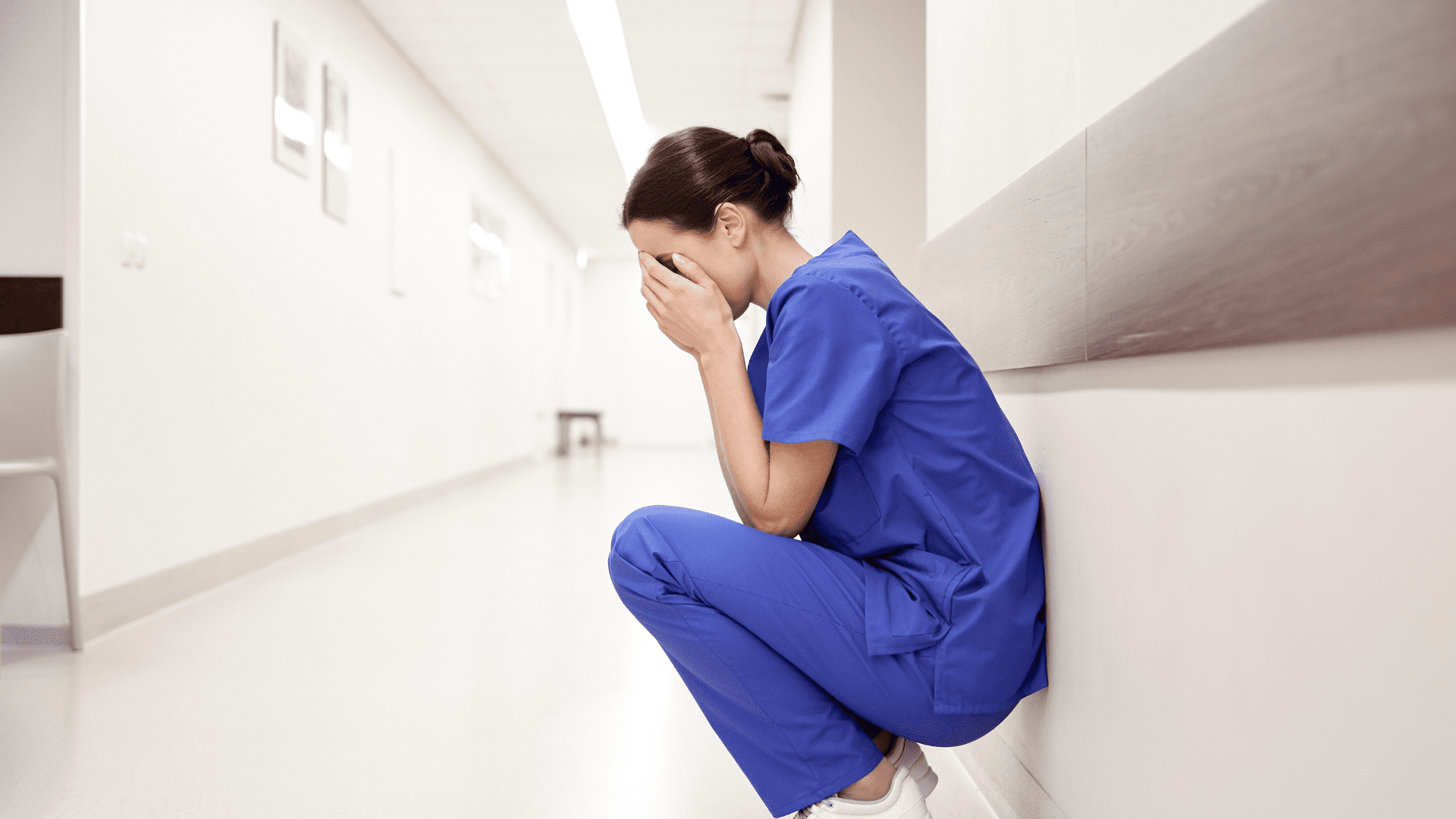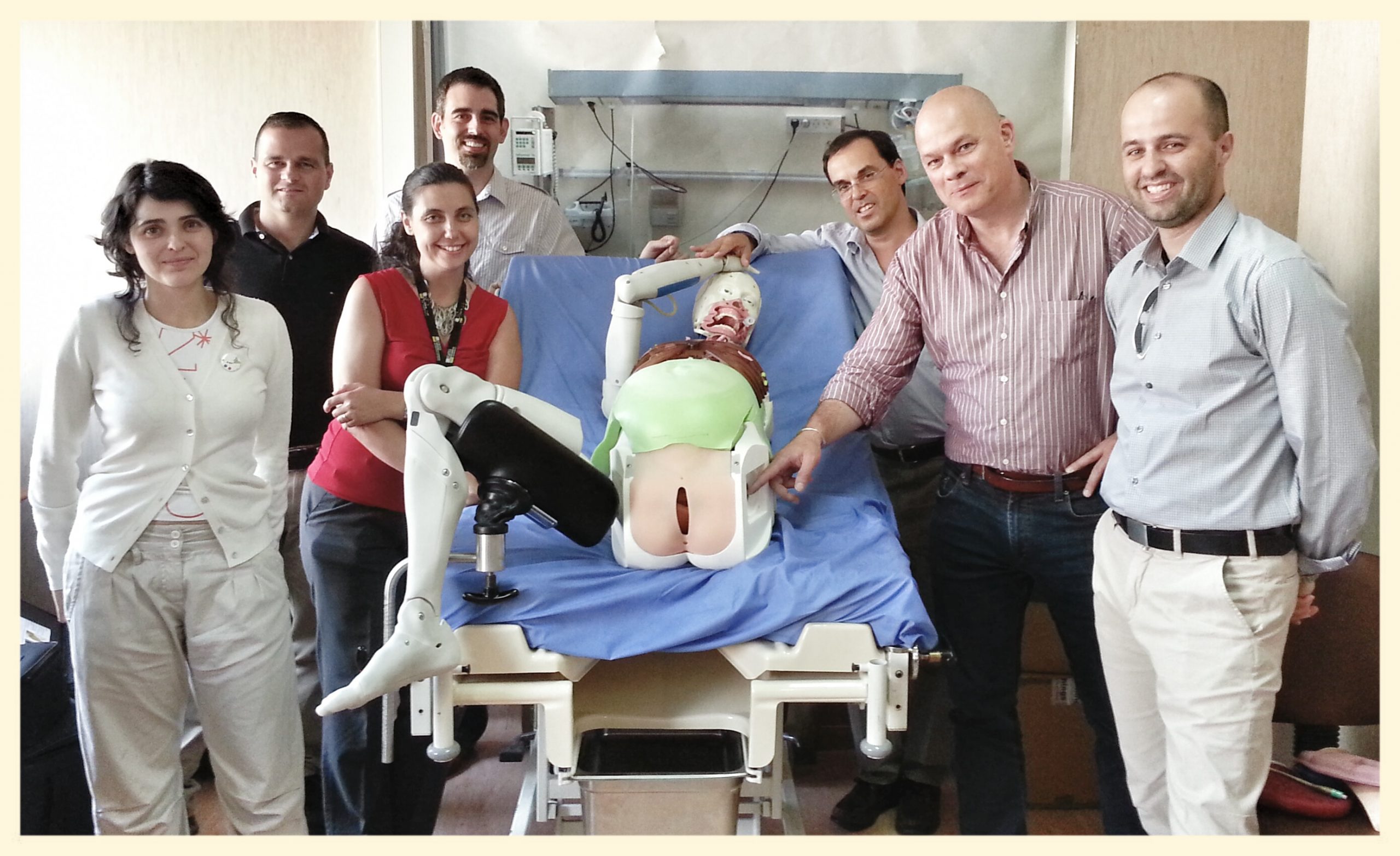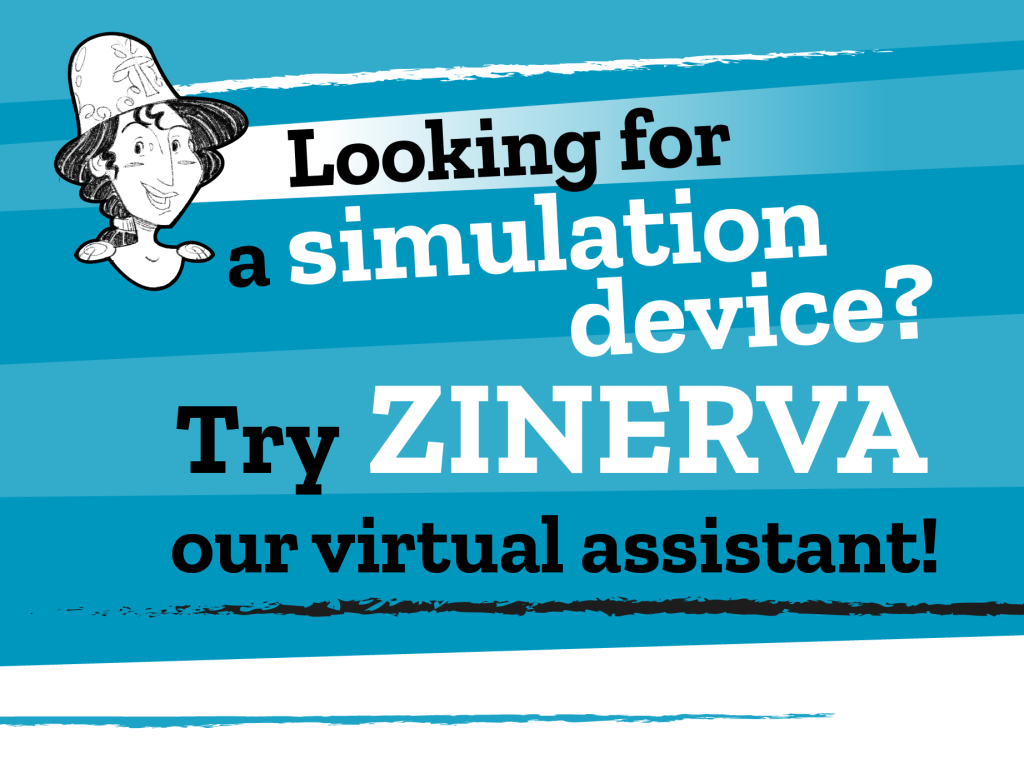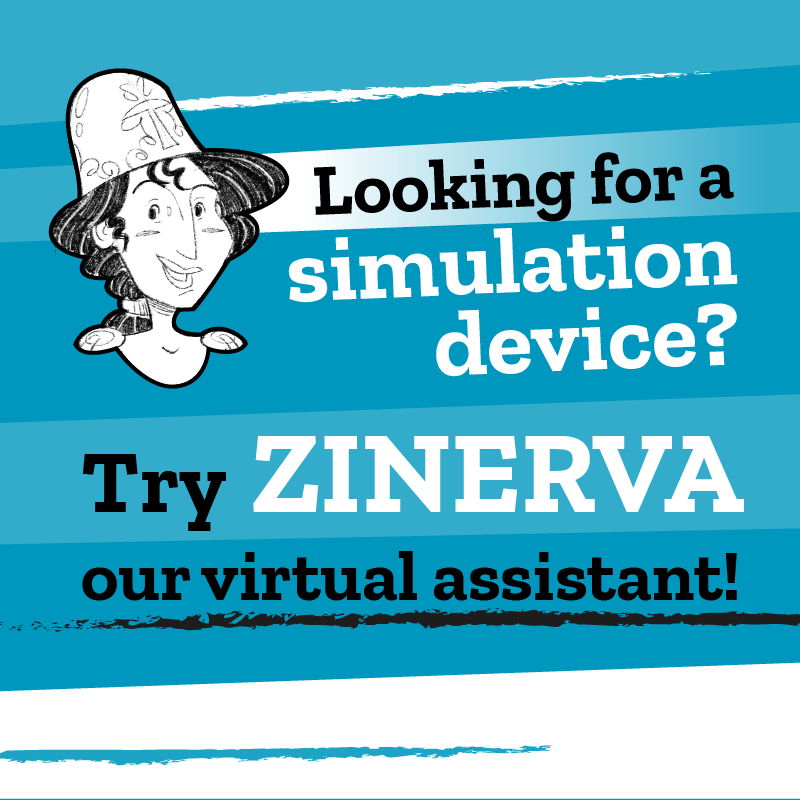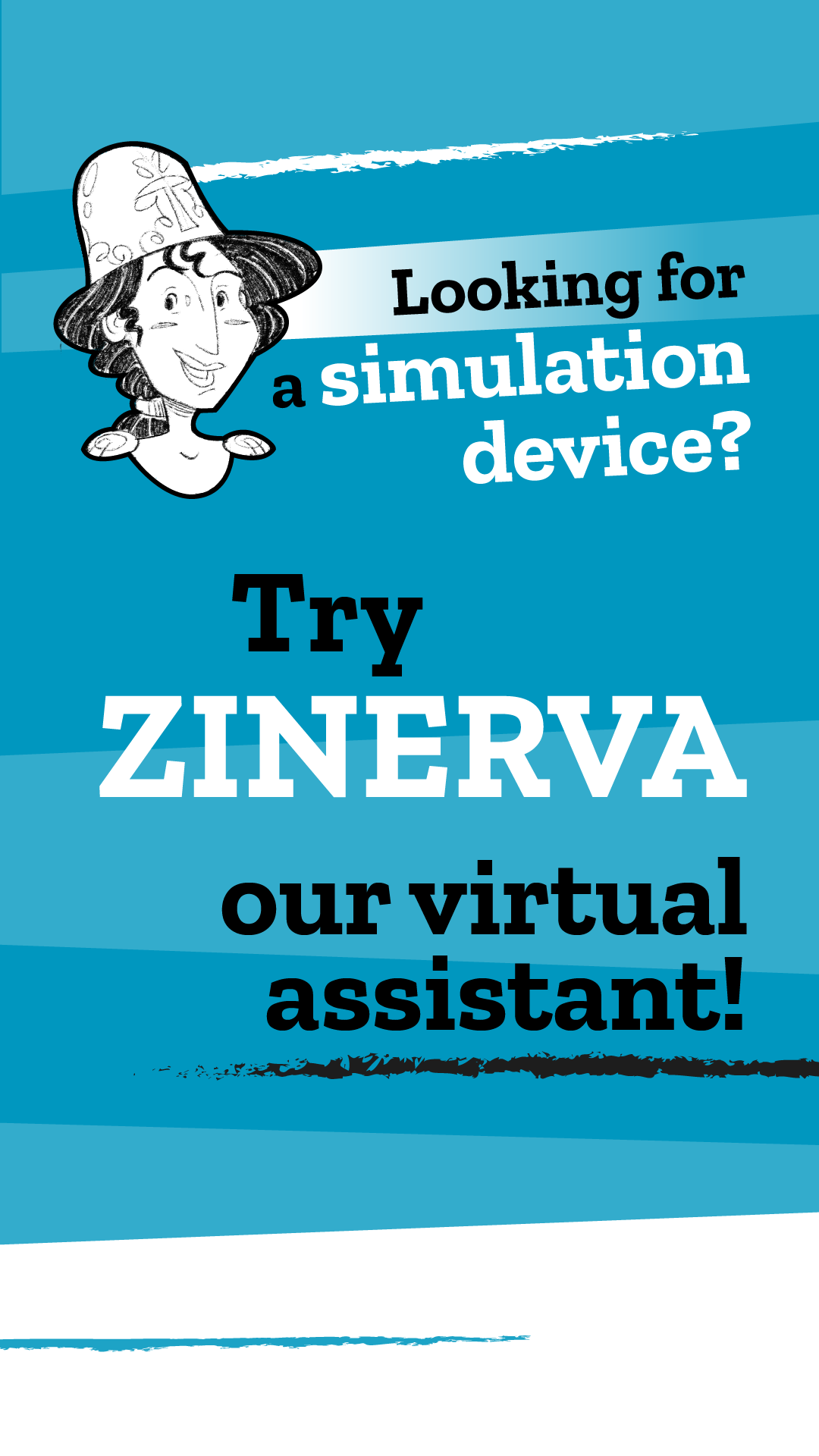CISA, UIC Barcelona’s Integral Center for Advanced Simulation, tells us about its current activities and development plans
La tecnología evoluciona a ritmos vertiginosos, pero nuestros equipos académicos tampoco se quedan atrás. Los análisis de los resultados académicos en metodología de simulación clínica, junto a la propia inquietud de los que formamos UIC Barcelona, hace que el Centro Integral de Simulación Avanzada (CISA) deba estar al más alto nivel de adaptabilidad a cambios para dar respuesta a las necesidades docentes.
The excellent results that clinical simulation allows to obtain in the development of technical and non-technical skills of the students made UIC Barcelona, without hesitation, commit to developing this methodology and 8 years ago we went from two small rooms, one for Medicine and the other for Nursing, to a Unit of more than 1000 m2, our current CISA.
Naive us when, despite being clear that promoting simulation was the right path, when we set foot in the Unit, a brand new and spacious space, we thought… How are we going to fill so many meters?
Well, here we are, 8 years later and with an occupation of around 8,000 hours in the 10 school months that we have. With an activity that runs from 8 in the morning to 8 in the afternoon, and with more than 12 degrees taking part in it.
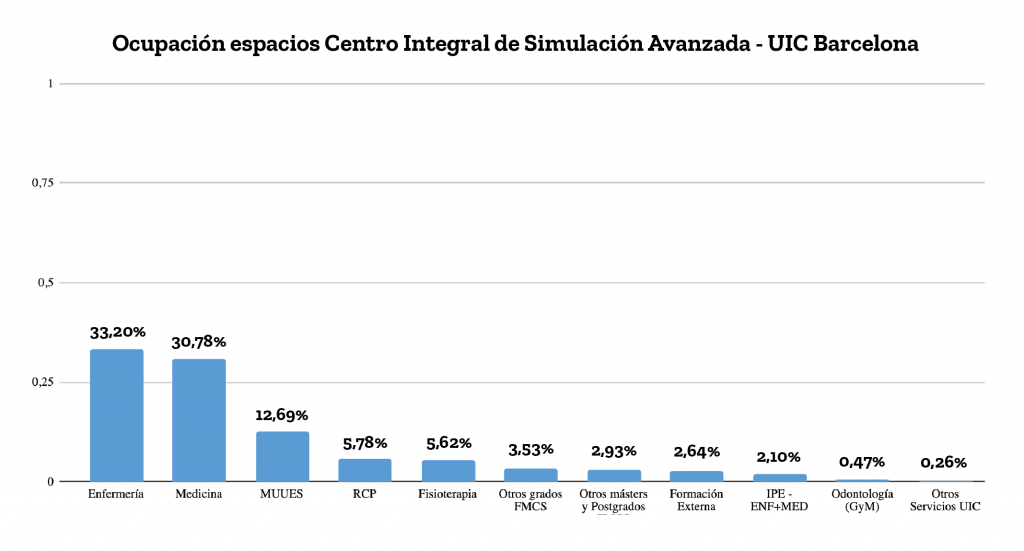
Our degrees have clinical simulation activity in CISA in almost all their courses, their distribution depends on multiple factors, such as the study load of practices in health centers. Even so, Medicine and Nursing have simulation activity from the first year to the last.
One of the aspects that distinguish us are the Objective Structured Clinical Evaluations (OSCE) that we have been carrying out for more than 10 years and that the continuous interest in improving the evaluation by competences means that year after year we define new challenges and adapt to new needs.
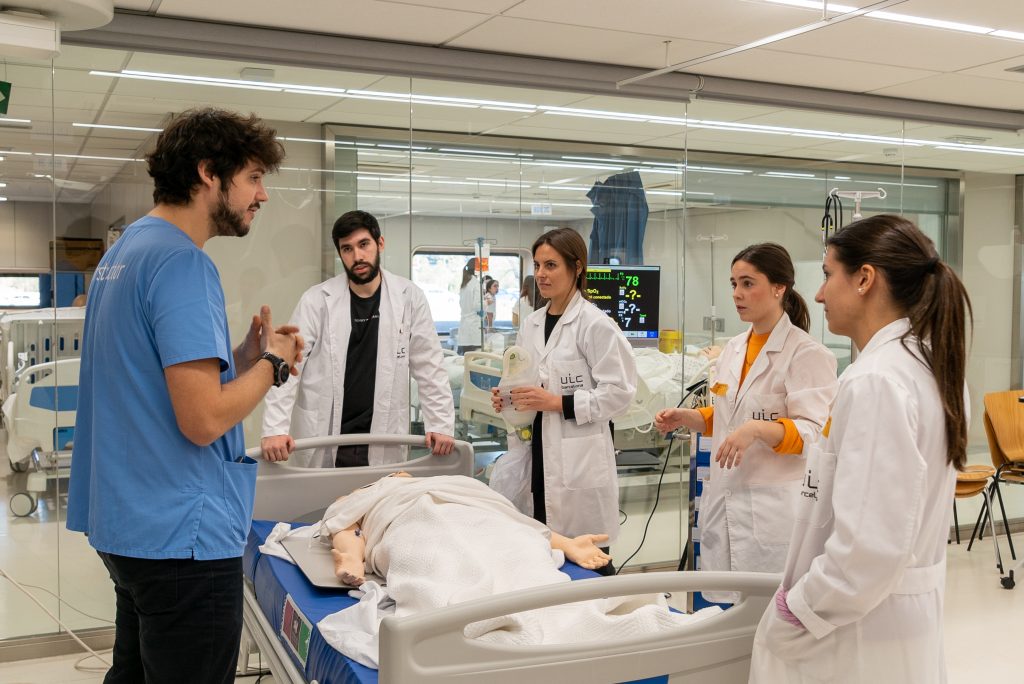
At present, a total of 12 first call ECOEs are carried out per academic year. The oldest degrees are Nursing and Medicine (2009), followed by Physiotherapy and Psychology, which were joined in 2018, as well as the Master’s Degree in Health Emergencies and Emergencies, which in 2022-2023 also incorporates this evaluation method.
Realizamos ECOEs de diseños muy diversos, según necesidad; desde una sola rueda de 22 estaciones, a ECOEs de 5 ruedas de 7 estaciones espejo (35 estaciones en total), pasando por modalidades varias como 2 ruedas espejo de 12 estaciones. Éstas incluyen contextos de UCI, quirófano, box de urgencias, habitaciones de planta, consultorios, sala de partos, entornos domiciliarios como habitaciones de un domicilio, baños o comedores, contextos pre-hospitalarios como empresas, etc.
Se recrean escenarios con pacientes estándar (actores), así como con simuladores, los cuales son caracterizados con moulage en caso necesario. Si la técnica lo requiere, se trabaja también con part-trainers para competencias más específicas.
Our concern for students to feel safe and prepared means that we have spent years facilitating their preparation for these tests through self-study, an activity that allows students to practice any of the techniques carried out during the course outside the curricular plan. It is voluntary and it allows the student to prepare in a consolidated way, since most of the techniques and skills are not easy to practice if it is not in a safe environment.
The OSCE for us is not a simple evaluation of the student, we also evaluate ourselves in each one of them. An OSCE allows us to assess our own training method during the degree, allowing us to direct the student’s learning based on what was observed during the tests and according to the results obtained. In turn, it is also transferred to the preparation, contextualization and characterization of clinical cases, evaluating future adaptations in teaching that improve understanding, interpretation and immersion in the case.
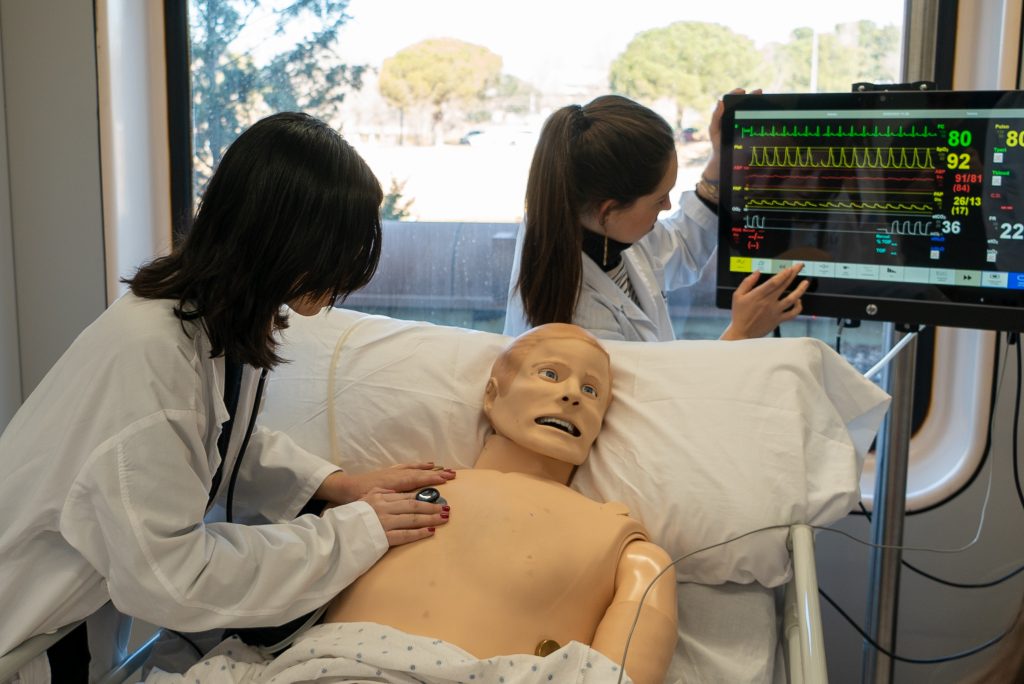
Asking yourself what difficulties and limitations you have allows you to perfect the method, while improving the development of the student’s skills.
El sistema de videograbación que implantamos de Tligent nos permite llegar a conectar más de 40 cámaras ubicadas allá donde deseemos. Es un sistema que nos da la máxima polivalencia y flexibilidad, podemos ubicar una o varias cámaras en un mismo box, así como ubicarlas fuera de boxes (pasillos, salas de espera, incluso exteriores). Integra tanto cámaras como monitores de paciente emitiendo señal como una cámara más. Permite visualizar tanto en tiempo real desde otras salas como visualizar grabaciones en diferido y almacenar en repositorio de forma segura y cumpliendo la normativa de protección de datos vigente.
In addition, this system is integrated with an online platform that allows students to access those videos that the teaching staff consider they should see. Each student sees only their videos privately and they can be shared for the student’s self-assessment or evaluated by the instructor using a rubric-based tagging system. We have implemented this system for two years and it is very enriching for the students since it allows them to analyze the simulation they have carried out, assess their strong and weak points, and compare them with the feedback from the instructor of the labeled version.
We are currently in full development of a new software together with STP Group, which aims to integrate all the management of a simulation center and/or laboratory. It integrates the session calendar, inventory of equipment and consumables, as well as session teaching sheets for an adequate provision and forecast of preparations according to the material required by each technique. All of this is linked to occupancy statistics, investments, consumption,…
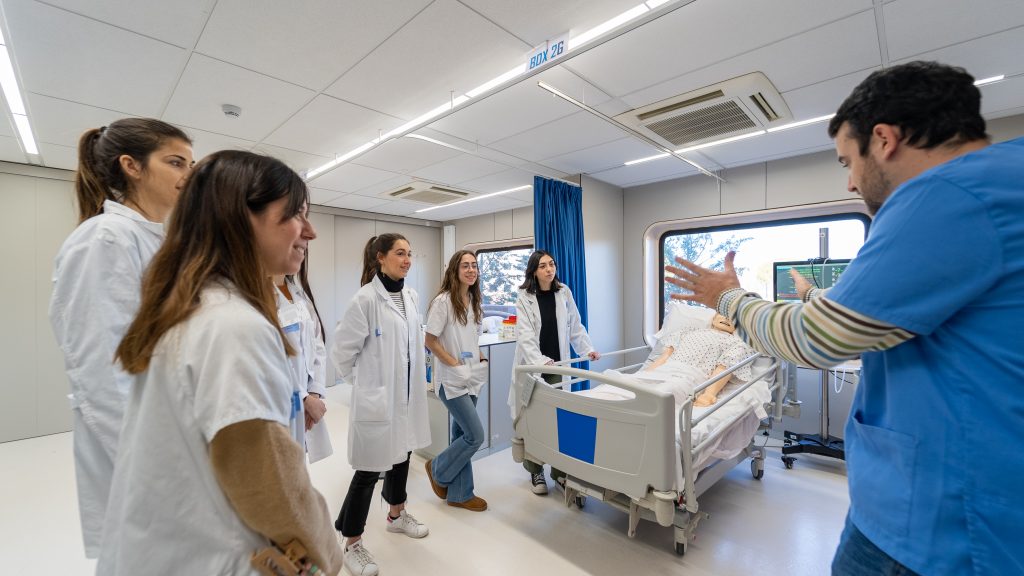
Nuestra filosofía se basa en el enfoque a la necesidad, como la necesidad académica, transversal de todos los departamentos, la necesidad de progresar, de mejorar, de superar nuevos retos, y el equipazo de técnicos que sustentan la Unidad son la clave para ello.
READ ALSO


